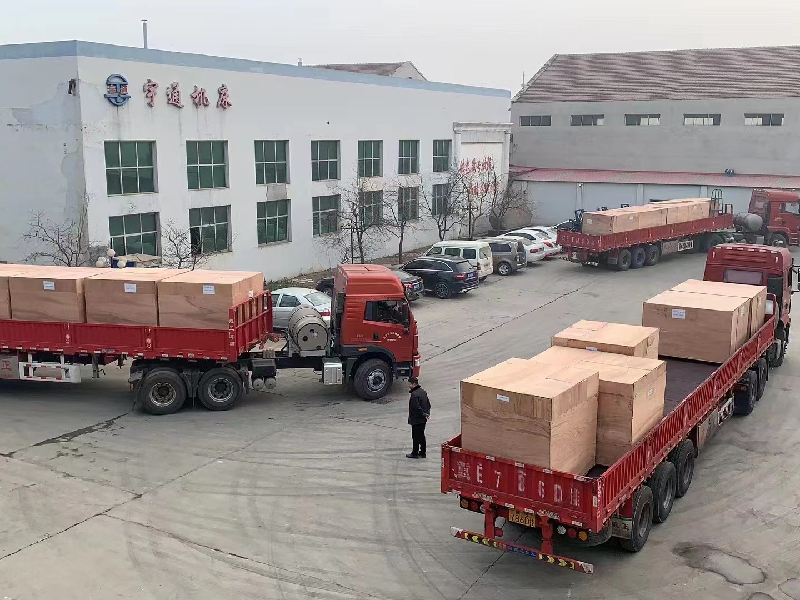
-
 Afrikaans
Afrikaans -
 Albanian
Albanian -
 Amharic
Amharic -
 Arabic
Arabic -
 Armenian
Armenian -
 Azerbaijani
Azerbaijani -
 Basque
Basque -
 Belarusian
Belarusian -
 Bengali
Bengali -
 Bosnian
Bosnian -
 Bulgarian
Bulgarian -
 Catalan
Catalan -
 Cebuano
Cebuano -
 Corsican
Corsican -
 Croatian
Croatian -
 Czech
Czech -
 Danish
Danish -
 Dutch
Dutch -
 English
English -
 Esperanto
Esperanto -
 Estonian
Estonian -
 Finnish
Finnish -
 French
French -
 Frisian
Frisian -
 Galician
Galician -
 Georgian
Georgian -
 German
German -
 Greek
Greek -
 Gujarati
Gujarati -
 Haitian Creole
Haitian Creole -
 hausa
hausa -
 hawaiian
hawaiian -
 Hebrew
Hebrew -
 Hindi
Hindi -
 Miao
Miao -
 Hungarian
Hungarian -
 Icelandic
Icelandic -
 igbo
igbo -
 Indonesian
Indonesian -
 irish
irish -
 Italian
Italian -
 Japanese
Japanese -
 Javanese
Javanese -
 Kannada
Kannada -
 kazakh
kazakh -
 Khmer
Khmer -
 Rwandese
Rwandese -
 Korean
Korean -
 Kurdish
Kurdish -
 Kyrgyz
Kyrgyz -
 Lao
Lao -
 Latin
Latin -
 Latvian
Latvian -
 Lithuanian
Lithuanian -
 Luxembourgish
Luxembourgish -
 Macedonian
Macedonian -
 Malgashi
Malgashi -
 Malay
Malay -
 Malayalam
Malayalam -
 Maltese
Maltese -
 Maori
Maori -
 Marathi
Marathi -
 Mongolian
Mongolian -
 Myanmar
Myanmar -
 Nepali
Nepali -
 Norwegian
Norwegian -
 Norwegian
Norwegian -
 Occitan
Occitan -
 Pashto
Pashto -
 Persian
Persian -
 Polish
Polish -
 Portuguese
Portuguese -
 Punjabi
Punjabi -
 Romanian
Romanian -
 Russian
Russian -
 Samoan
Samoan -
 Scottish Gaelic
Scottish Gaelic -
 Serbian
Serbian -
 Sesotho
Sesotho -
 Shona
Shona -
 Sindhi
Sindhi -
 Sinhala
Sinhala -
 Slovak
Slovak -
 Slovenian
Slovenian -
 Somali
Somali -
 Spanish
Spanish -
 Sundanese
Sundanese -
 Swahili
Swahili -
 Swedish
Swedish -
 Tagalog
Tagalog -
 Tajik
Tajik -
 Tamil
Tamil -
 Tatar
Tatar -
 Telugu
Telugu -
 Thai
Thai -
 Turkish
Turkish -
 Turkmen
Turkmen -
 Ukrainian
Ukrainian -
 Urdu
Urdu -
 Uighur
Uighur -
 Uzbek
Uzbek -
 Vietnamese
Vietnamese -
 Welsh
Welsh -
 Bantu
Bantu -
 Yiddish
Yiddish -
 Yoruba
Yoruba -
 Zulu
Zulu
HS Code Quotes for Thread Rolling Machines and Related Equipment
Understanding Thread Rolling Machine HS Codes and Their Importance
In the manufacturing industry, the precision and efficiency of production processes are paramount. One of the critical tools in this regard is the thread rolling machine, which is widely utilized for creating strong and accurate threads on metal fasteners and other components. Understanding the Harmonized System (HS) codes associated with thread rolling machines is vital for global trade, compliance, and ensuring smooth logistics.
What is a Thread Rolling Machine?
A thread rolling machine is a piece of equipment that uses the cold working process to create threads on cylindrical rods or fasteners without removing any material. This method improves the mechanical properties of the threads, enhancing their strength and durability. Thread rolling is particularly popular in the production of screws, bolts, and nuts, where the quality and integrity of the threads are critical for the performance of the final assembly.
These machines operate on the principle of deforming the material through pressure applied by the rolling dies. The process can be done in several ways axial, radial, or flat thread rolling, depending on the application's needs.
Importance of HS Codes
The Harmonized System (HS) code is an internationally standardized system of names and numbers used to classify traded products. Established by the World Customs Organization (WCO), the HS code facilitates international trade by providing a common language for the identification of goods. Each product category is assigned a unique code, which helps customs authorities assess duties and taxes, monitor trade statistics, and ensure compliance with various regulations.
For manufacturers and importers of thread rolling machines, an accurate HS code is crucial for several reasons
1. Customs Compliance Each country has its own rules regarding tariffs and trade restrictions. Using the correct HS code ensures compliance with local laws and prevents costly fines or delays at customs.
2. Accurate Tariff Application The HS code directly informs the applicable tariffs and duties on imported machines. Incorrect classification may result in overpayment or underpayment of duty fees, leading to financial losses.
thread rolling machine hs code quotes

3. Market Research and Analysis Industries utilize HS codes to analyze market trends and identify opportunities for growth. Accurate data on imports and exports helps manufacturers understand their competitive landscape and make informed business decisions.
4. Facilitating International Trade The use of HS codes streamlines shipping and logistics processes. They provide clarity to all parties involved in the trade, from suppliers to shipping agents, making it easier to track and manage goods in transit.
How to Find the Right HS Code for Thread Rolling Machines
To find the appropriate HS code for a thread rolling machine, businesses can follow these steps
1. Consult the TARIC Database The Integrated Tariff of the European Community (TARIC) provides comprehensive information about HS codes and their corresponding duties within the European Union.
2. Engage with Customs Experts Consulting customs specialists or using third-party trade compliance services can help ensure that the correct codes are utilized for all products.
3. Refer to National HS Code Lists Each country maintains its own list of HS codes. Companies should refer to their national customs authority’s website for the most accurate and updated information.
4. Industry-Specific Resources Manufacturers of thread rolling machines can reach out to industry associations or trade organizations that may have resources or databases to assist in classifying their products accurately.
Conclusion
The thread rolling machine plays a crucial role in manufacturing high-quality threaded products, and knowing the correct HS code is essential for navigating the complexities of international trade. From ensuring customs compliance to facilitating efficient logistics, understanding and utilizing HS codes effectively can position manufacturers for success in the global marketplace. As industries continue to evolve, staying informed about regulations and classifications will remain a key component of strategic planning and operational excellence.
